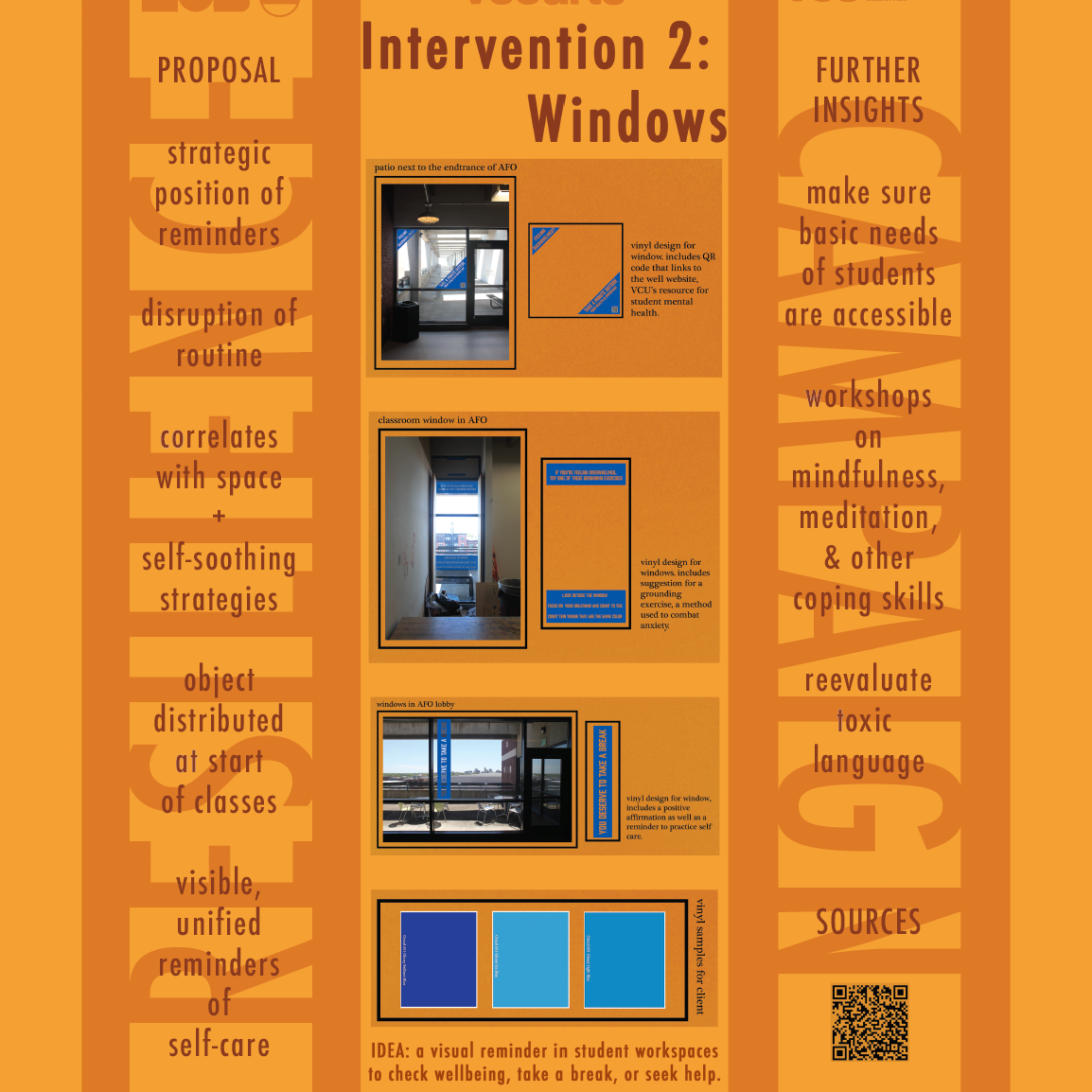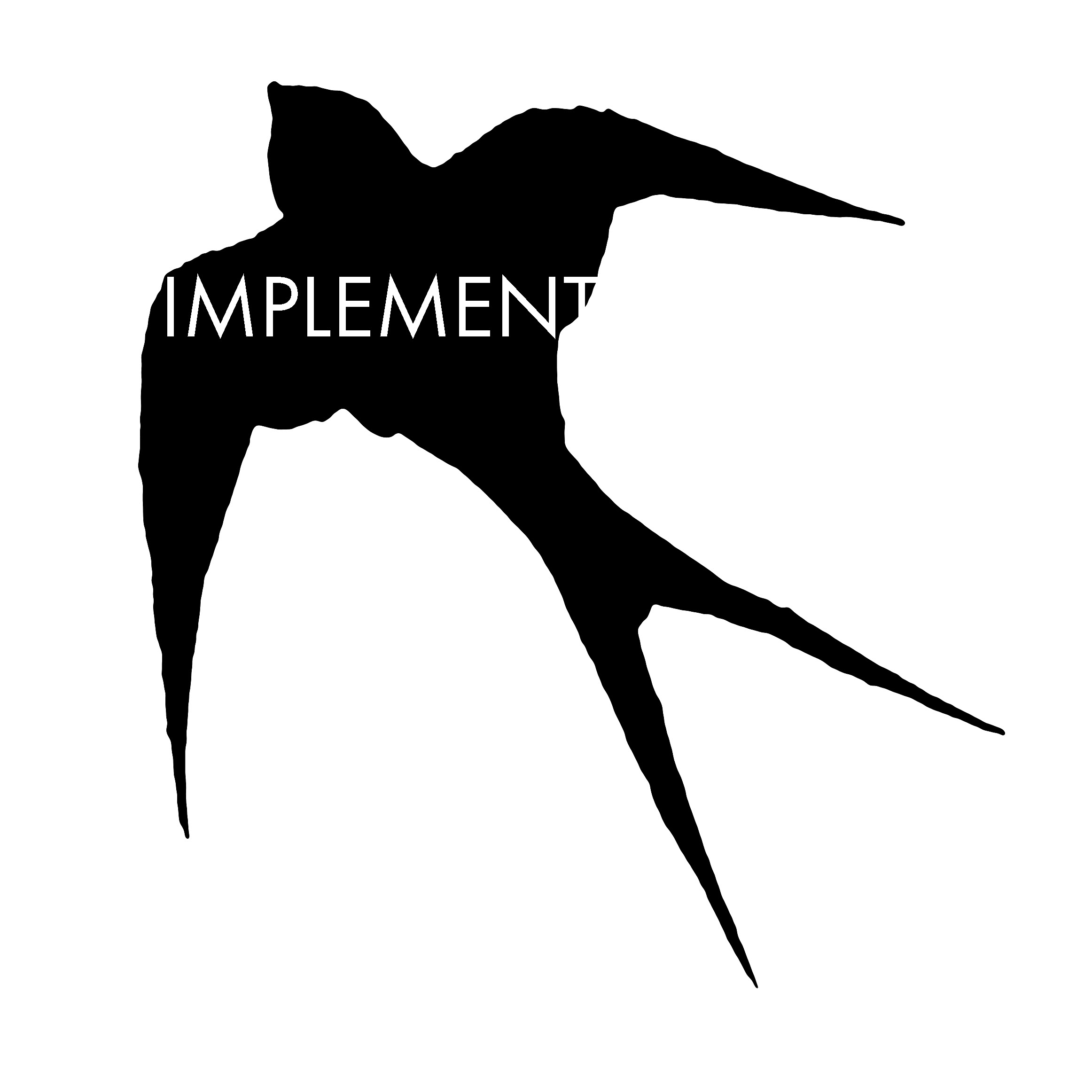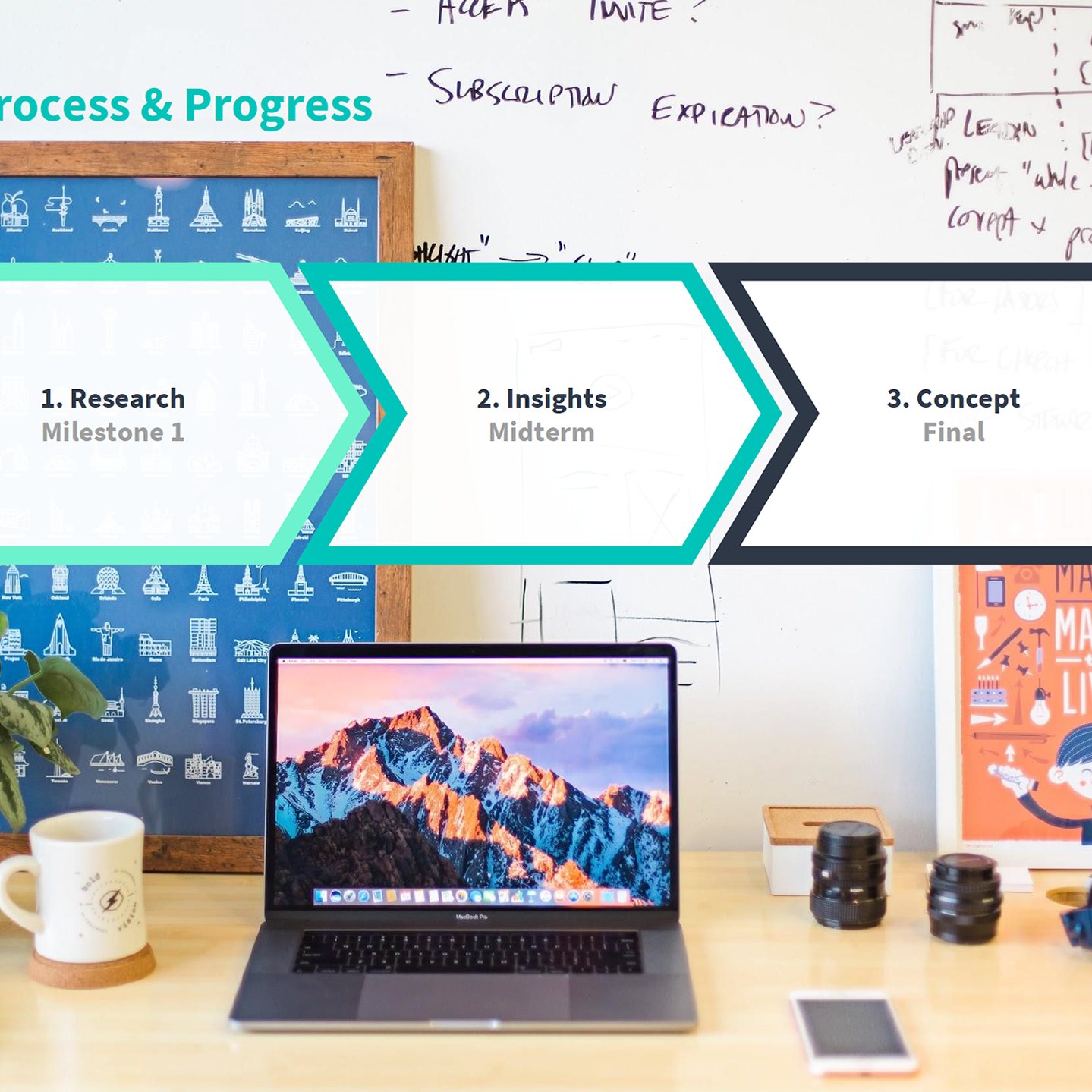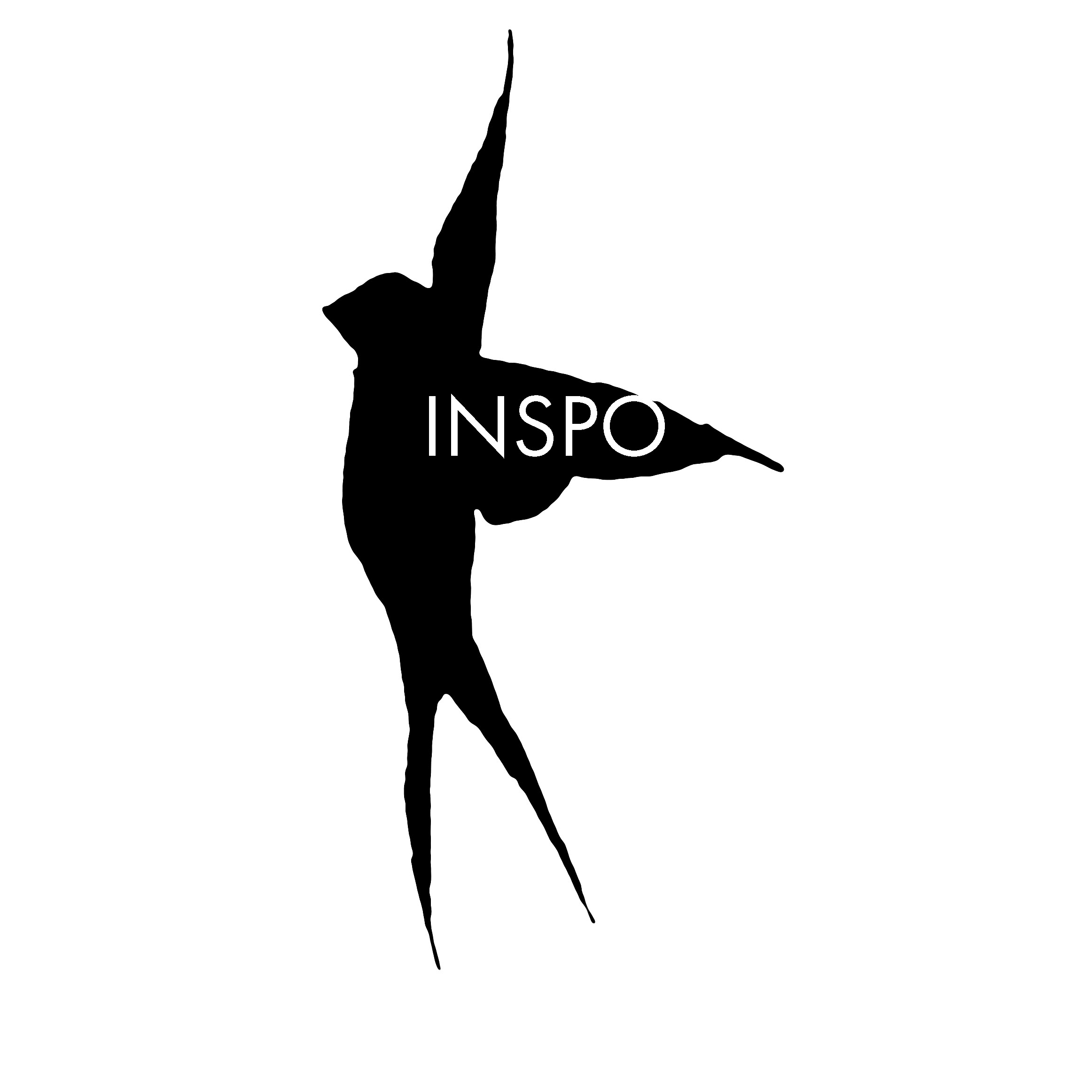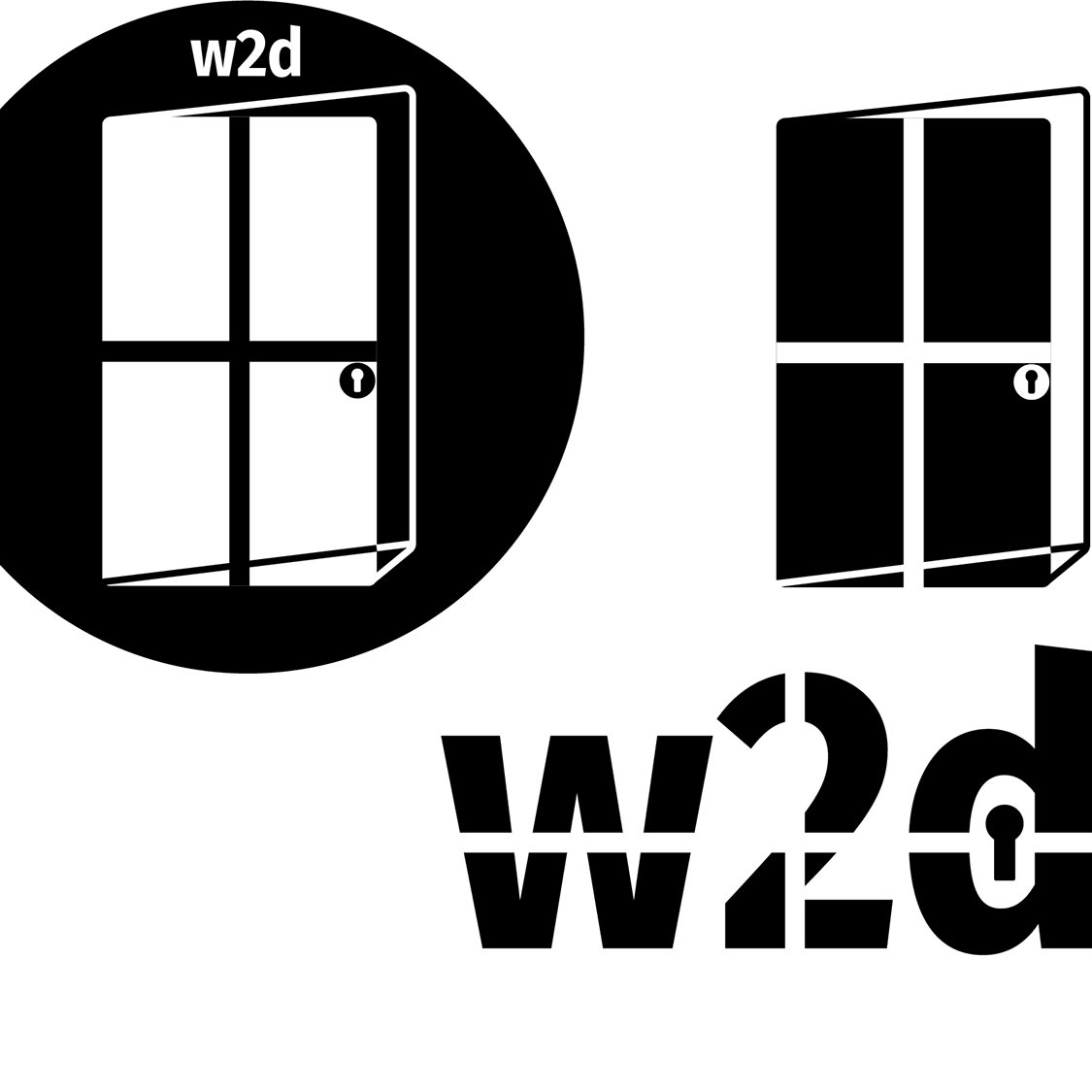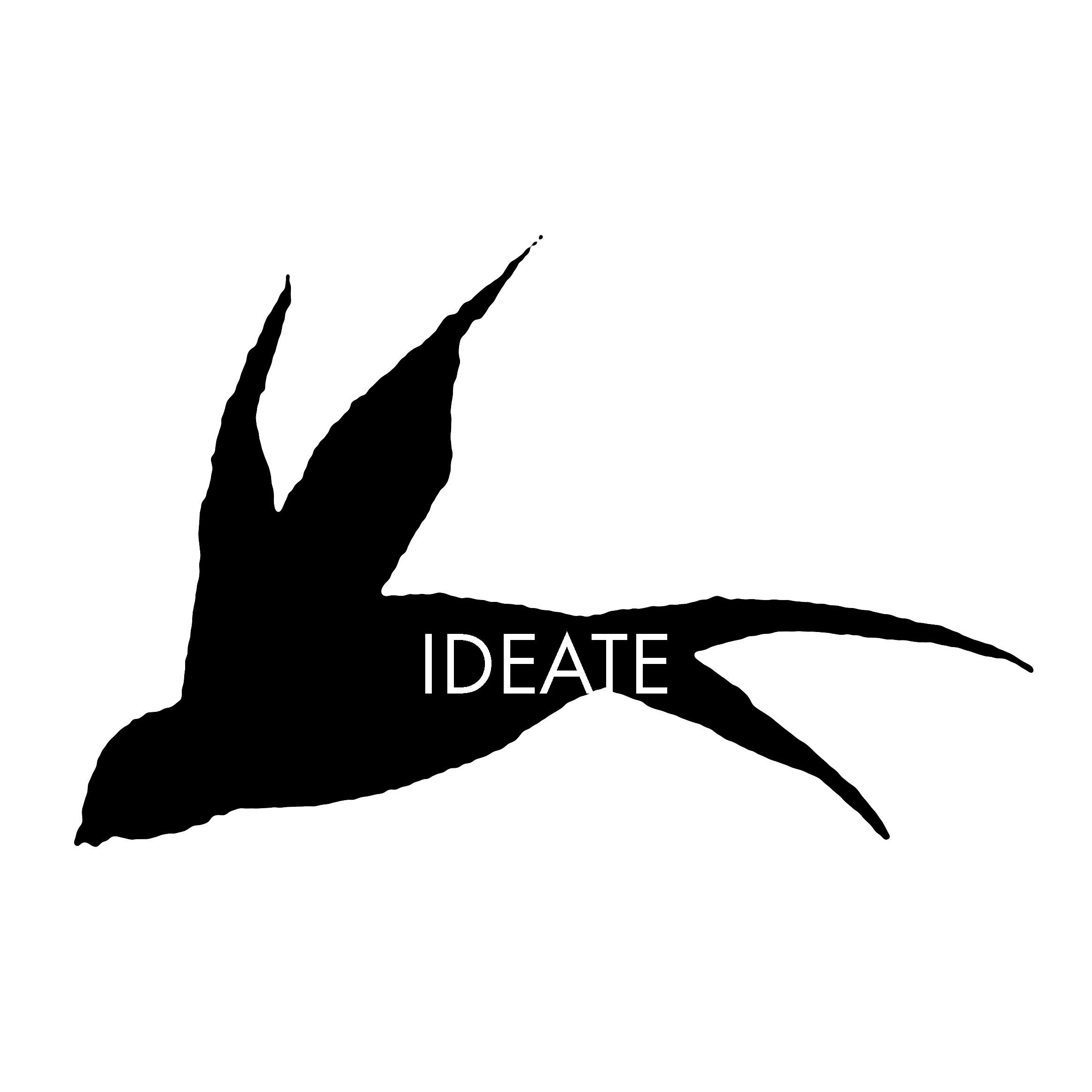There are four subjects I relentlessly evangelize: Dollar Tree, therapy, Catholicism, and Myers-Briggs personality types. In 2016 I began academic research about the intersection of the latter two, specifically: could MBTI types be used to improve catechesis?
As of writing this in 2021, this project is ongoing. After reading dozens of papers and a handful of books, backed by my knowledge of personality theory from a decade of personal study, I have my answer: yes, definitely, they would be. I hope to compile my recommendations for appealing to each type in adult religious education programs, then to share them as a reference for catechists.
I share this work-in-progress as a glimpse into my mode of operation. Many influences guide my M.O.:
Storytelling – Narrative weaves throughout all my work
Artmaking – Sensory and spatial aspects of projects are instinctive
Humanism – Aim to regard individuals holistically and positively without condition
Philosophy – Expose everything to healthy skepticism and critical analysis
Queerness – Challenge the conventional and build communal affinity
Punk – Willing to be scrappy and disruptive as needed
Disability – Accessibility and inclusion are not optional to me
Trauma-informed – Honor the body as part of the mind and vice-versa
Jesuit – Strive to withhold judgement and explore gray areas with compassion
Jungian – Recognize cognitive preference diversity and collective resonance
My passions inform my perspective and shape my worldview. And if you know MBTI, you probably already guessed that I'm an INFJ. I'm also an Empath and a Highly Sensitive Person; not only do I experience life intensely, but the experience of others is also reflected within myself. I intuitively identify the needs of others because of this. I believe good design tells a good story. Naturally, my method of design is human-centered.
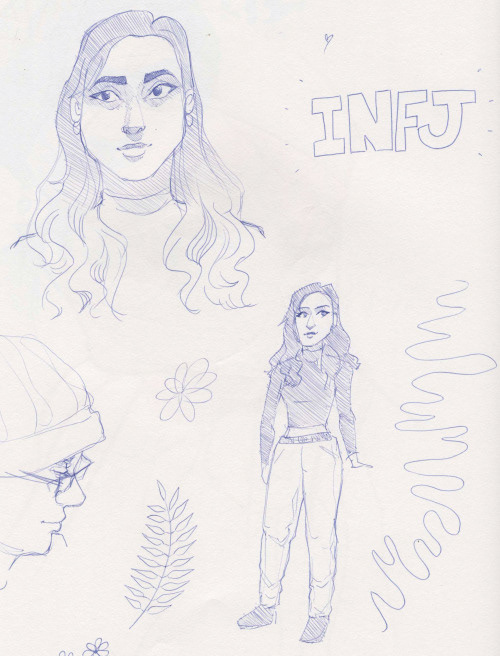
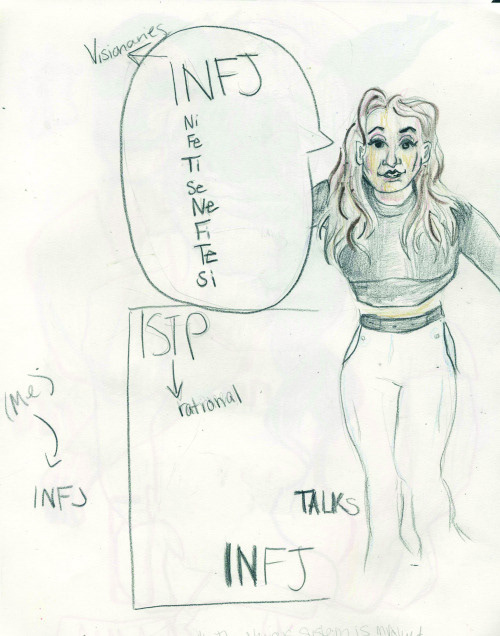
Portraits by Lexi Guerra and Al Winfield

